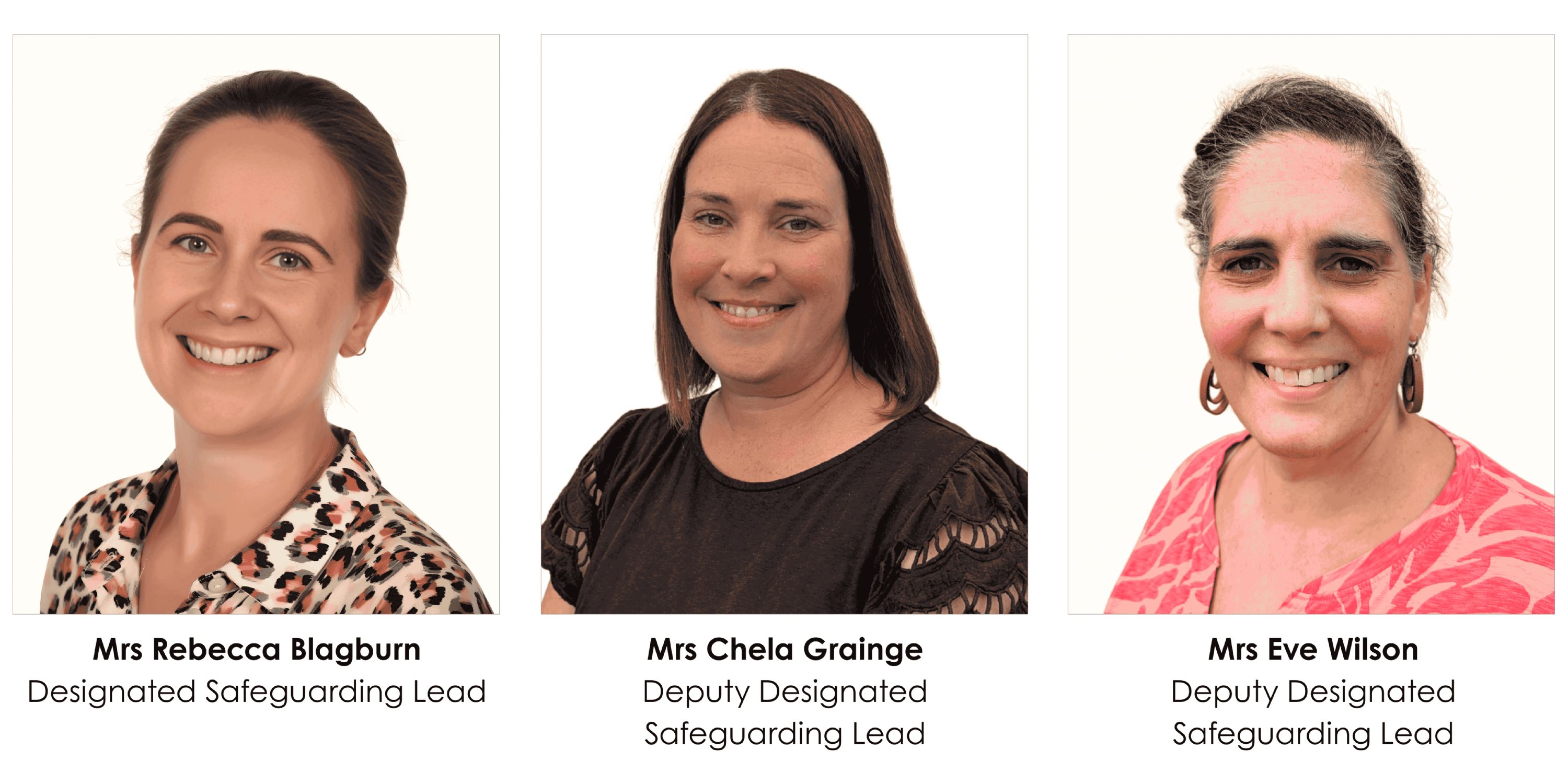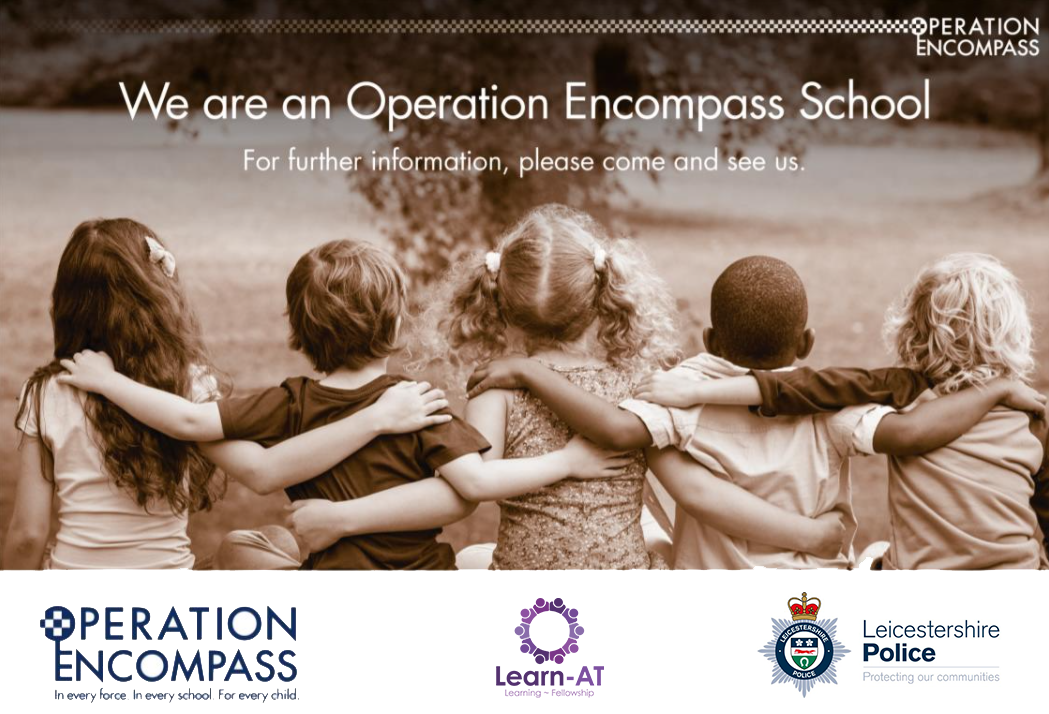Safeguarding
At Great Bowden Academy we believe it is of the utmost importance to have good systems for protecting children and safeguarding their welfare, throughout all the activities that the school undertakes. This means that staff and volunteers must be alert to possible concerns about pupils, and to report these to the Designated Safeguarding Leads.

The school has a safeguarding and child protection policy which is published on our website here.
It is important for parents to be aware that:
-
Staff and volunteers in the school have a duty to report concerns about a child, whether this means the child may be in need of additional support or help of some kind or whether it is thought that a child may have been abused or be at risk of abuse.
-
There are four categories of abuse: physical, sexual, emotional, neglect.
-
In some cases, the school is obliged to refer children to children’s social care staff, for children to be assessed for their needs or if an investigation into possible child abuse is required. In many cases, there will already have been discussions between school staff and the parents of the child, and the situation and concerns will not be a surprise to the parents. However, parents may not be told that the school has referred their child to children’s social care if it is thought that this might put the child at risk.
-
Children’s social care tries to carry out its enquiries in a sensitive fashion. It has to gather information and generally it can be open with parents about the steps being taken.
-
If you think your child may have been abused you should contact the Central Duty Team. If you think the abuse may have happened in school, please contact the Schools Designated Senior Person for Child Protection which is Rebecca Blagburn, Headteacher. If you think your child has been hurt, arrange to visit your doctor. Comfort and reassure your child.
-
If school staff need to express concerns about a child or refer a child to the Social Services Department, it is understood that this can cause distress or anger for the child’s parents. It is important that all parties – parents and school staff – try to discuss these matters as calmly and sensibly as possible.
Please click here to go to our policies page to view our safeguarding policy.
Operation Encompass

Operation Encompass is a police and education early information safeguarding partnership enabling schools to offer immediate support to children experiencing domestic abuse.
Operation Encompass ensures that there is a simple telephone call or notification to a school’s trained Designated Safeguarding Lead /Officer (known as key Adult) prior to the start of the next school day after an incident of police attended domestic abuse where there are children related to either of the adult parties involved.
Information is shared with a school’s Key Adult (Designated Safeguarding Lead or Officer) prior to the start of the next school day after officers have attended a domestic abuse incident. This sharing of information enables appropriate support to be given, dependent upon the needs and wishes of the child.
Children are negatively impacted by experiencing domestic abuse and without early intervention and support this negative impact can last through a child’s life course. Domestic abuse can impact upon social, psychological, physical, emotional and behavioural outcomes with an often negative impact upon a child’s academic success. Experiencing domestic abuse has been identified as an Adverse Childhood Experience.
Operation Encompass aims, by directly connecting police and schools, to secure better outcomes for children , to enable schools to better understand the impact living with domestic abuse has upon children, to help schools to better understand a child’s lived experience and to therefore be able to support and nurture each child , making a child’s day better and giving them a better tomorrow.
Prevent
Please also see below our leaflet on 'Prevent'. From July 2015 all schools (as well as other organisations) have a duty to safeguard children from radicalisation and extremism. This means we have a responsibility to protect children from extremist and violent views the same way we protect them from drugs or gang violence. Importantly, we can provide a safe place for pupils to discuss these issues so they better understand how to protect themselves.
'Prevent' is a government strategy designed to stop people becoming terrorists or supporting terrorist or extremist causes. The Prevent strategy covers all types of terrorism and extremism, including the extreme right wing, violent groups and other causes.
